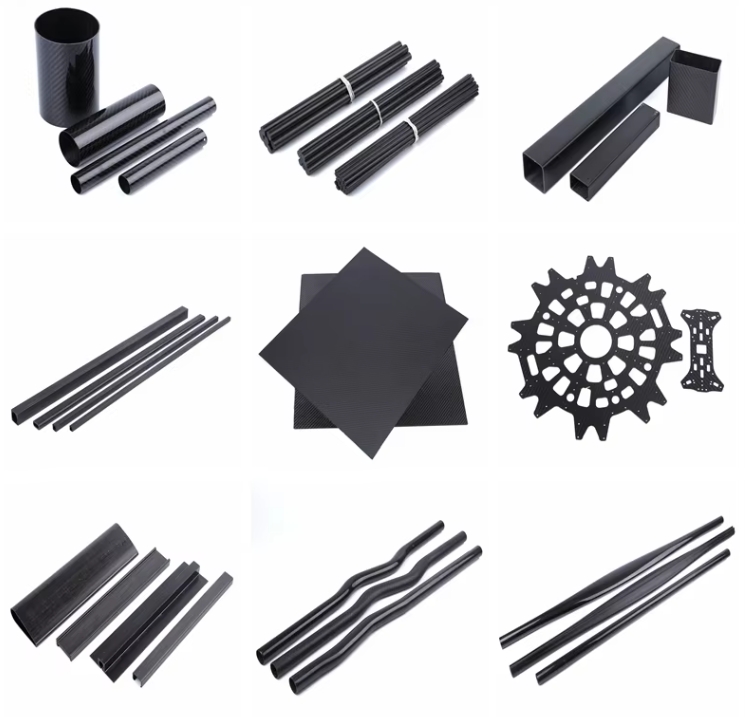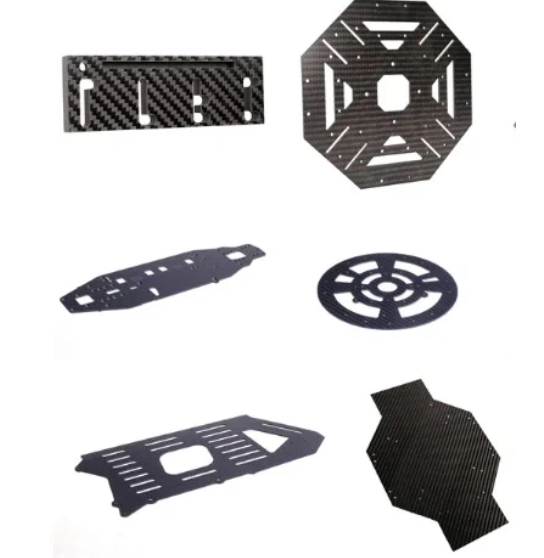Carbon fiber material has emerged as a revolutionary substance, and its applications span across numerous industries. One area where it is making a significant impact is in the medical field. Thanks to its unique properties, carbon fiber is revolutionizing medical practices and improving patient outcomes.
First and foremost, let’s take a look at the key characteristics of carbon fiber. It is incredibly lightweight yet extremely strong, with a strength – to – weight ratio that outperforms many traditional materials. Additionally, carbon fiber is highly resistant to corrosion, durable, and has excellent biocompatibility, which means it can coexist with the human body without causing adverse reactions. These properties make it an ideal choice for a wide range of medical applications.
One of the most prominent uses of carbon fiber in the medical field is in the production of prosthetics. Traditional prosthetic limbs were often heavy and cumbersome, limiting the mobility and comfort of patients. In contrast, carbon fiber prosthetics are much lighter, allowing users to move more freely and naturally. For example, athletes with limb differences are now able to compete at high levels using carbon fiber prosthetics, which offer enhanced performance and flexibility. Moreover, the strength of carbon fiber ensures that these prosthetics can withstand daily wear and tear, providing long – term reliability for patients.
Carbon fiber also plays a crucial role in the development of surgical instruments. Surgeons require tools that are precise, durable, and lightweight. Carbon fiber – made surgical instruments meet these criteria perfectly. They are not only easier to handle during complex procedures but also less likely to bend or break, ensuring accurate and safe operations. Additionally, the non – magnetic property of carbon fiber makes it suitable for use in MRI – compatible surgical tools, allowing for seamless integration with advanced imaging technologies during procedures.
Another important application of carbon fiber in the medical field is in the construction of medical device casings. Devices such as portable ultrasound machines and infusion pumps need to be robust to withstand frequent use and transportation. Carbon fiber casings provide the necessary protection while keeping the devices lightweight, making them more convenient for healthcare providers to use and for patients to access. Moreover, the smooth surface of carbon fiber is easy to clean and sterilize, helping to maintain high levels of hygiene in medical environments.
In conclusion, carbon fiber material is having a profound impact on the medical industry. From enhancing the functionality of prosthetics to improving the performance of surgical instruments and medical device casings, its unique properties are driving innovation and progress in healthcare. As technology continues to advance, we can expect to see even more exciting applications of carbon fiber in the medical field in the future.


Maxwinexch365 – hmm, been there, done that. Good selection of exchange options. Site is average, nothing flashy. If you’re into exchange betting, might be worth it. Explore it at maxwinexch365!
Subject: Follow-up on Your Inquiry About our product
Dear Valued Customer,
Hope this email finds you well! We noticed your recent inquiry about our Product via online channels, and we’d like to provide further support for your needs.
Our product is designed to improve work efficiency/reduce operational costs. and has been widely recognized by clients in the manufacturing. To help you better understand its fit for your business, we’ve prepared a detailed product brochure (attached below) with specs, case studies and pricing info.
Feel free to reach out if you have any questions—whether about technical details, customization options or a demo request. We’re also happy to schedule a 15-minute call at your convenience to walk you through key features.
Looking forward to your reply and assisting you further!
Best regards,
Liao yang jia xin carbide co ltd
Email : 3305317@163.com